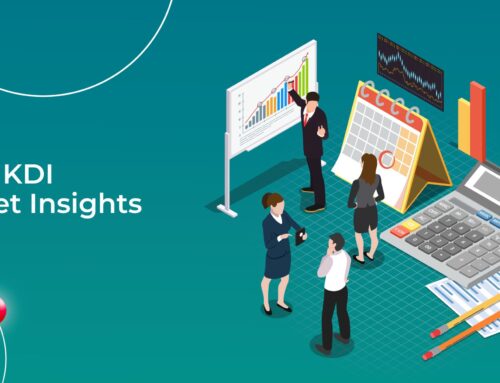What Does ESG Mean?
ESG investing is generally defined as a set of standards by which a company can be evaluated by socially-conscious investors to verify if the company acts responsibly and has a positive impact. Each value in the movement can be broken down into component parts which cover a very important and distinct set of criteria:
● Environmental: how a company safeguards the environment through choices (like using sustainable packaging) and corporate policies addressing climate change (such as responsible usage of delivery options to reduce fuel burning);
● Social: how a company treats its employees, suppliers, customers, and the communities where it operates; and
● Governance: how a company’s leadership is structured, the level of transparency in remuneration and audits, as well as internal controls to ensure integrity and accountability at every level.
Why does ESG Investing Matter?
ESG investing helps you to avoid putting your money into companies engaged in unethical practices of any type. In business, support is money. Continuing to give money to a company that has been investigated multiple times for worker exploitation is to give them implicit support and funds to continue their unethical practices. ESG investing gives back the power to investors to build up companies and to empower investment assets which represent their personal morals and values.
Additionally, the effects of climate change are already rampant from increased dangers due to wildfires and more tempestuous weather in every region of the world. These climate change disruptions will have grave effects on our daily life and the lives of future generations. ESG investing allows people to support companies that work to mitigate or reduce the harmful effects for the future of the planet.
Is ESG Investing for You?
There aren’t as many assets that are ESG compatible as there are regular assets. Full adherence to ESG values may limit the amount of diversification your portfolio can have, as it would require you to divest yourself of any shares in oil and gas companies, mineral mining, and the defence industry.
However, there is no harm in investing in the few assets that are ESG compliant while also having some assets that only fit one or two of the ESG compliance criteria. Continued interest in ESG compliant assets will encourage companies to make the effort simply out of a desire to stay relevant and competitive.
Additionally, from the treatment of employees to the sourcing of raw materials, ESG compliance means that companies have to radically change the way they do business.
One great example of this which is relevant to Malaysia is the Roundtable on Sustainable Palm Oil (RSPO) for sourcing palm oil for global brands like Unilever and Danone. Another example in nearby Thailand is how global business giant Nestlé has come clean about forced labour in fishing supply chain.
Increasing interest from younger investors is making ESG assets a fast growing area of investment, so much so that the Securities Commission Malaysia and Bank Negara Malaysia have released guidelines about ESG investments to help people avoid scams and make informed investments.
KDI Invest and a Sustainable Future
KDI Invest‘s data-driven, algorithmic robo-advisor offers your portfolio a selection of U.S.-listed exchange-traded funds (ETFs) with reliable market behaviour. These ETFs can reflect multiple sectors to give you ample diversification, or conversely, specific sectors to allow you to focus on companies, bonds, and commodities that support a sustainable future.
The robo-advisor responds to market trends and global news to pare down stakes in sectors like oil and gas if they fall out of favour or are in a downward trend. Responsive and capable of adjusting for every stage of your life, this is the investment tool for someone who needs to know that their values are driving the instrument of their future wealth.
Keep an eye out for ESG Investing: An Explainer Part 2!
Visit https://digitalinvesting.com.my/ to learn more.




